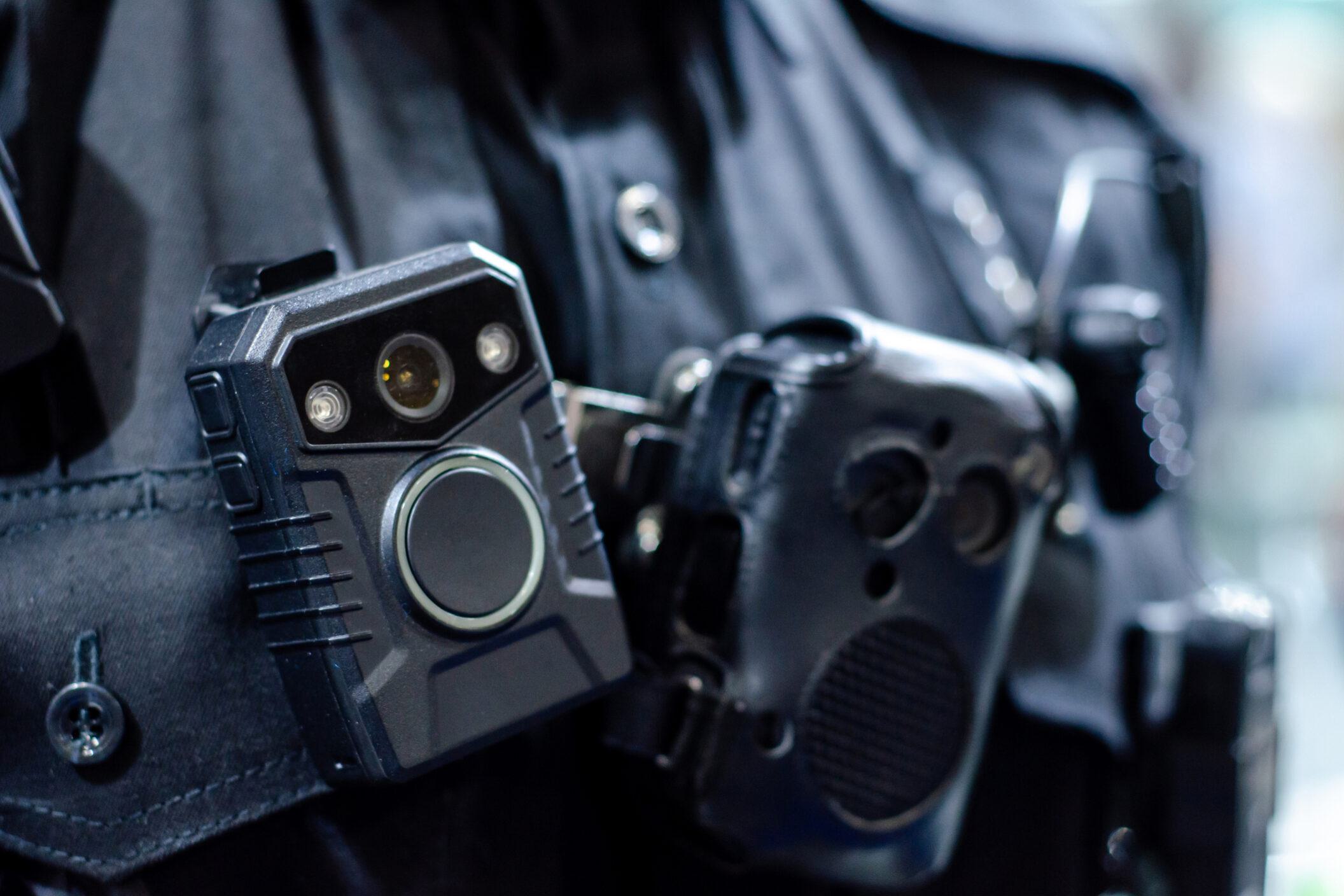The Alabama Legislature has approved a bill allowing police bodycam and dashcam recordings to be released to the public under certain circumstances.
House Bill 289, sponsored by State Rep. Juandalynn Givan (D-Birmingham), received final passage from the Senate on Thursday and will now go to Gov. Kay Ivey for her signature.
The bill would provide for the circumstances and procedures to disclose or release recordings made by body-worn cameras or dashboard cameras used by law enforcement agencies. The bill would specify who may request the disclosure or release of recordings and provide the procedure for requesting recordings.
In 2021, Alabama's Supreme Court ruled in an 8-1 decision that police footage is exempt from the state's Open Records Act, claiming that videos are "investigative material" and, therefore, not public records. Currently, no law enforcement agency in the state is obligated to release any body camera footage to the public. The only "no" vote came from Chief Justice Tom Parker.
The decision stemmed from a lawsuit after a Montgomery man was mauled to death by a police K-9, and officials refused to release footage of the event.
Under Givan's bill, a law enforcement agency would only be required to respond to a request for video under the following circumstances:
An individual whose image or voice is the subject of the recording.
A personal representative of an adult individual whose image or voice is the subject of the recording if the adult individual has consented to the disclosure.
A personal representative of a minor whose image or voice is the subject of the recording.
A personal representative of an adult individual under lawful guardianship whose image or voice is the subject of the recording.
A personal representative of an adult individual who is incapacitated and unable to provide consent to disclosure whose image or voice is the subject of the recording.
A personal representative of a deceased individual whose image or voice is the subject of the recording.
Any video disclosure could affect an ongoing active law enforcement investigation or prosecution, and the agency could charge a fee for redacting or editing the footage.
To connect with the author of this story or to comment, email craig.monger@1819news.com.
Don't miss out! Subscribe to our newsletter and get our top stories every weekday morning.










